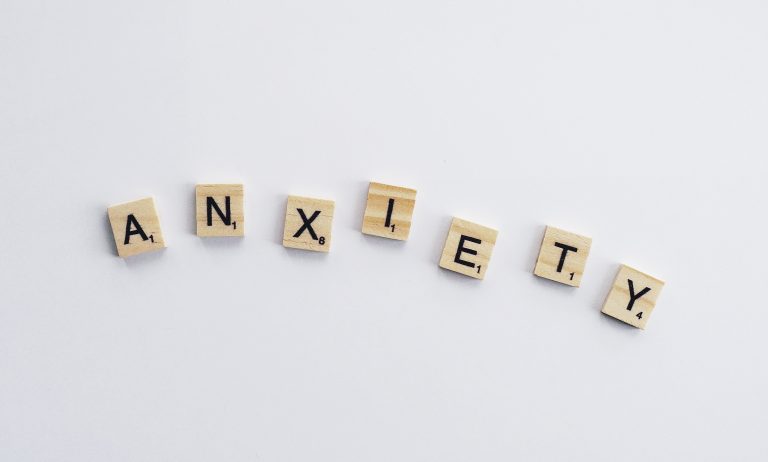What are carbs?
Simply put, carbs are large molecules containing carbon, hydrogen and oxygen. Along with the other macronutrients, protein and fat, they are one of three hugely important nutrients for the body. The primary role of carbohydrates is to provide energy for the body. In fact, the brain and nervous system rely almost exclusively on carbohydrates (in the form of blood glucose) for their energy needs. Since the body cannot manufacture carbohydrates, they must be supplied through the diet. Found in almost all foods, carbs provide 4 calories per gram, but not all carbs are created equally, and all carbs will affect your body differently.
Keeping science at a minimum, there are three kinds of carbohydrates –sugar, starch and fibre
SUGAR
Regularly referred to as simple carbs, sugars are digested and absorbed into the bloodstream very quickly. Often we think of the processed kind… sweets, chocolate and cake, however there are also naturally occurring sugars, found in carbs like fruits and veg. These are the much healthier options as they are also packed with vitamins and minerals our body needs.
STARCH
Like sugars, starch bonds are broken down quickly, releasing the smaller molecules glucose into the bloodstream. As glucose is the body’s preferred energy source, eating enough starch is important. However, if you eat too many carbs, any unused glucose will be stored as fat. Simply, it’s not that we shouldn’t eat these carbs, we should! It’s that some of us eat more than our body needs for fuel.
FIBRE
Fibre is the indigestible part of plant foods. The bonds in fibre are much stiffer and therefore harder for our body to breakdown. They help the body maintain blood sugars levels, and help keep us fuller for longer. A particularly beneficial dietary fibre is resistance starch. Named for it’s ability to resist digestion, it feeds our gut bacteria to keep us healthy and boost our immunity along with various other benefits.
Tip: Cooking and cooling rice, pasta, potato etc turns some of refined starch into resistance starch. What’s more, reheating further increases the resistance starch content (Motivation to meal prep!)
How many carbs do you need?
Technically, the body can adapt to survive off other sources like fatty acids and amino acids, but it does prefer carbohydrates – and I recommend that too. How many carbs you need will vary from person to person. I take factors like gender, age, occupation, injuries and activity levels into account when determining how many carbs clients need for fuel. It all makes a difference.
Every time changes are made to your intake, ask yourself how your focus us, are you sleeping well? Do you feel more hungry? How is your strength in the gym? You’ll start to notice how your body responds to these changes and what works best for you!
The 'wrap' up (Bad carb joke)
It isn’t as straightforward as ‘good’ and ‘bad’ carbs, it’s all about the context. Ideally most of your carbs should come from high fibre sources – think whole grains, oats and brown rice. Starch is significantly important, it’s what gives us energy throughout the day, fuelling your muscles. Finally sugary carbs, they aren’t all bad, especially when they’re naturally occurring, full of the vitamins and minerals our body needs.
It’s important to understand that we all respond differently to carbohydrate consumption. There are many online carb calculators that do the math for you, giving a generalised starting point to go forward with. I suggest consuming high quality carbs as foundation to your diet, and then assessing and adjusting based on how your body responds.
Share this post: on Twitter on Facebook


